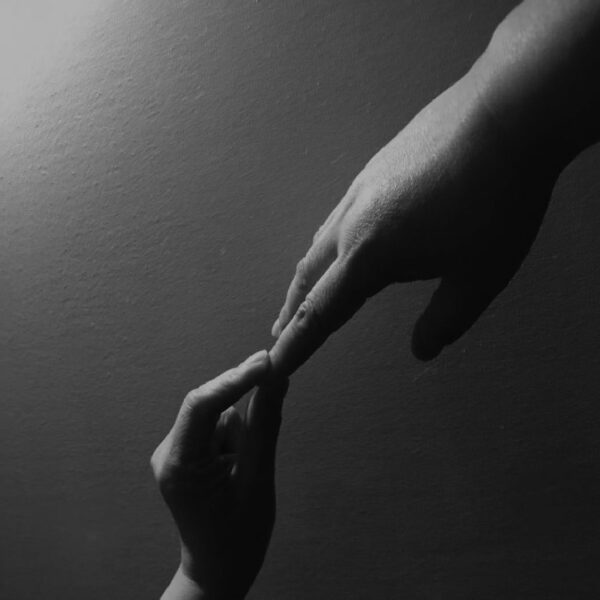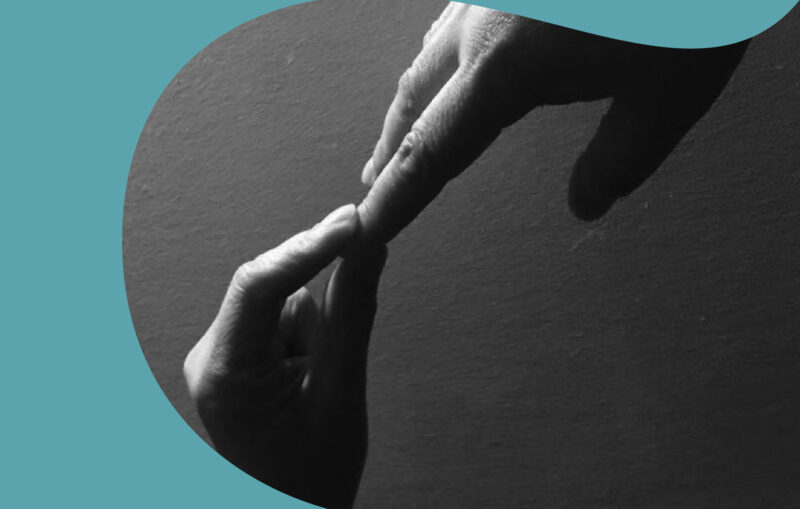More than a month has passed since the shootings in Atlanta, Georgia, which primarily targeted Asian women who worked in massage parlours and spas, perceived to be sex workers. As the we grieve, reflect, and take action in its aftermath, it’s important to continue centring the voices and perspectives of those who are most impacted by such violence: Asian and migrant sex workers.
From April 17th to May 1st, Butterfly is hosting a community online exhibition on Instagram (butterflycsw) as part of Myseum Intersections 2021, called “In Addition: 5+ Years of Grassroots Power with Butterfly.” Butterfly is an Asian and migrant sex workers support network organization in Toronto and beyond that began from the coming together of sex workers, social workers, legal, and health professionals.
On Saturday, April 24th, Butterfly will present and celebrate a history and timeline of their activism, advocacy, and support work, as well as offer participatory tools for advocating alongside Asian and migrant sex workers for their right to safely work in dignity, like all other workers.
We spoke to Elene Lam of Butterfly who shared with us about how “In Addition” came together and how its art and storytelling are intimately tied to the work that Butterfly does.
Note: This interview was conducted via Zoom and has been edited for clarity and brevity.
ROOM: Tell us about the exhibition, “In Addition: 5+ Years of Grassroots Power with Butterfly.” What inspired the name and format?
ELENE: “In Addition” was initiated by two community elders, Kelly Lui and Alvis Choi. This art exhibition was organized last year in 2020. It was the fifth year of Butterfly, so we thought it was a meaningful time. We thought it would be great to celebrate with lots of workers and with different allies. Art is a powerful way for sharing stories and building solidarity. “Grassroots Power” is in the name because it’s run by Butterfly: we are a grassroots organization and grassroots power is the most important part of Butterfly. That is why we have this name.
ROOM: Butterfly is one of few organizations that organizes with Asian and im/migrant sex workers and women who work in massage parlours in North America. What has been some of the joys and challenges of doing this work in the past few years?
ELENE: We are not a social services organization. We are a grassroots organization. So community mobilization and community leadership are very important for us. But because of criminalization, because of stigma, because of isolation, because of immigration status, this work is not easy. It is not easy to mobilize the community, so it is very important for Butterfly to keep our reach in the community: whether that’s knocking on doors or reaching out through the network of the workers so they refer their friends. We have a team to connect with the workers, to build power.
Grassroots organizing is not easy but it’s also the beautiful part. All the knowledge we learn is from the community. What issues we find within the community, we also find the solution in the community. In the last few years we’ve had a lot of great times together. We’ve had lots of gatherings. Sometimes we have dinners or breakfast together. We learn together, have workshops together and also fight together. Particularly when the City of Toronto tried to shut down massage parlours, workers spoke out. Over 300 workers went to City of Toronto’s City Hall to fight for their rights. This is a very important part of our work.
ROOM: The exhibition “asks us all to actively listen to the stories that speak beyond their work.” Since the Atlanta shooting, there’s been an influx of attention on the lives of women who work in massage parlours and spas, often without their input or considering their voices and agency, and without this active listening. What kind of organizing, writing, and art is needed in order for all of us to listen more actively?
ELENE: Because of stigma, people imagine sex workers as only having one identity. One of the workers shared that this work is only part of her life. In our exhibition, we are not only talking about their work. It’s more about people’s lives: the public needs to know that they are human beings who have diverse stories, experiences, needs, and feelings. That is important and powerful.

ROOM: Multilingual art and works-in-translation are both incredible aspects of contemporary art and literature, but often not taken seriously. Where can art and literature work to better make space for such works, especially the participants in “In Addition”?
ELENE: Because of the language barriers of our workers, they’re being excluded. And because of this language barrier, there is a gap. By using multilingual art, we’re building a bridge between the English-speaking and non-English-speaking communities, and giving the latter a chance to communicate with the former and to learn more about them. The workers can use their own language to express themselves and share their stories.
ROOM: One aspect of the exhibition is perspectives on how mindfulness, faith, and spirituality has helped people cope in this pandemic. How has faith and spirituality played an important role in Butterfly’s organizing?
ELENE: One thing we know very well is that sex workers or massage parlour workers, particularly Asian and migrant, are being excluded by many government supports. This is why the community needs to fight and support each other, why they need to use their own strength to survive, to struggle and live a better life. Faith and spirituality—not religion—are the beliefs of people. The workers believe in themselves and believe in the community and believe in each other.
They’re sending blessings between each other, so you see a lot of messages related to this in the exhibition. Some of the messages are about how they encourage themselves; others are about giving blessings to other people. That is one of the values of Butterfly: building up the community, believing that everyone has the power, and everyone has resources, however limited. Everyone can be strong within themselves and they can also use that to support each other and help each other.
ROOM: One of the paintings of the exhibition is from Linda. She says of her calligraphy painting, “I’m satisfied with it so let’s give it a try!” How has spontaneity played a role in this exhibition, and in Butterfly’s organizing over the years?
ELENE: As a community grassroots organization, we are more authentic. Everyone has the power and resources within themselves. In big organizations they have beautiful, professional graphic designers. But we believe in what’s in people’s hearts and what they’re trying to express. In this exhibition, we see that people are trying their best, trying different ways to connect. This is similar to Butterfly. We are very organic. It’s not top down, it’s from the bottom up. It’s important that we see the character and different beliefs of each person—different hopes and ways of coming together. These kinds of genuine, natural, and authentic responses and connections are so important. With big organizations, they have lots of slogans. But they’re so disconnected from the realities on the ground. Butterfly is grounded in whatever way everyone wants to share and contribute. This is very beautiful.
ROOM: In some of the artworks of “In Addition,” the creators share how they made their works with the audience. What lessons about art and life have you learned working with Butterfly over the years?
ELENE: I think it’s the process. Sometimes when we see a piece of artwork, we just want to see the product. And I think it’s really amazing that they shared their process and their thoughts. This is so important and so valuable. Sometimes the process is more important than the product. That is just like how we mobilize, how we come together at Butterfly. We don’t always win, we have lots of tears. But I think the process is very, very valuable: how we try different things and try different strategies of contributing. I’m so glad these artists shared their processes with us.
ROOM: What can we look forward to from Butterfly next? How can we continue to support your work?
ELENE: Butterfly involves lots of different aspects coming together. Grassroots organizing is the most important part. We also have leadership. We need a lot of allies to support this work. The most important part is listening to the workers’ voices. Allies need to listen to the community. That’s why we have lots of public education projects.
One of the most important aspects of Butterfly is advocacy. We really see the struggles of people’s everyday lives are related to the system and its inequalities, whether it’s racism, anti-sex work, or criminalization. No part can be separated from the other. This is something we want to continue—we cannot miss any parts.
We want more allies to keep supporting us. You can sign our Declaration of Support: Justice for Migrant Sex Workers.
Now we are facing lots of challenges and oppressions from the anti-trafficking movement, threatening to shut down massage parlours and increase policing. It’s very important to listen to the community and to learn about their lives to eliminate the discrimination they face.














